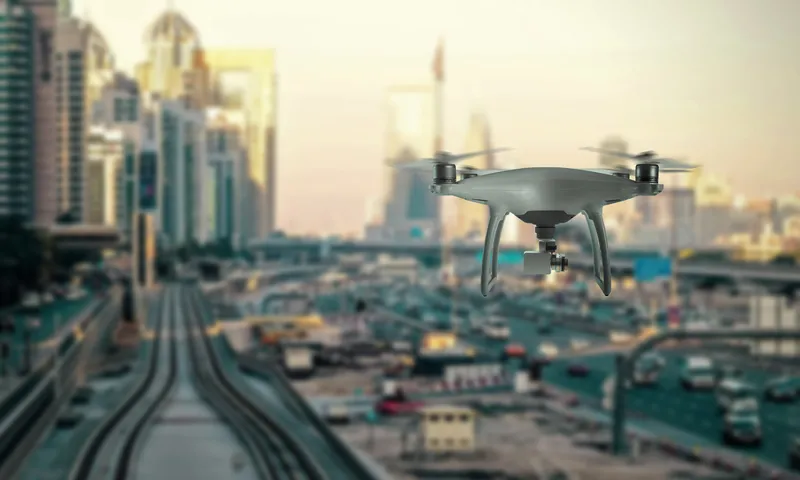Virgin Hyperloop One (VHO) has signed an agreement with the Indian State of Maharashtra to create a route that intends to link central Pune, Navi Mumbai International Airport in 25minutes and connect 26 million people. It aims to eventually support 150 passenger trips annually and save more than 90 million hours of travel time.
In addition, an initial pre-feasibility study by VHO indicates that the route could provide socio-economic benefits valued $55m (£39m) over 30 years of operation. It will be deployed to help ease severe expressway congestion and could reduce greenhouse gas emissions by up to 150,000 tons annually.
The project will launch a six-month in-depth feasibility study that will analyse and define route alignment including environmental impact, the economic and commercial aspects of the route, the regulatory framework and the cost and funding model recommendations.
A procurement stage will then determine the public-private partnership structure. The construction of the route will follow with an operational demonstration track built in two to three years between both points. It will serve as a platform for testing, certifying and regulating the system for commercial operations. The second phase will aim to complete construction of the route in five to seven years.
Narendra Modi, Indian prime minister, said: “51% of total investments in India have come to Maharashtra, and the state is attracting global investors. The state’s overall development in the past few years is a shining example of change thinking and improving conditions in the country. Maharashtra government was ahead of all other Indian states in terms of infrastructure spend and the state is on its way to achieving its bold vision of a trillion dollar economy.”
Maharashtra confirms hyperloop route in India
Virgin Hyperloop One (VHO) has signed an agreement with the Indian State of Maharashtra to create a route that intends to link central Pune, Navi Mumbai International Airport in 25minutes and connect 26 million people. It aims to eventually support 150 passenger trips annually and save more than 90 million hours of travel time. In addition, an initial pre-feasibility study by VHO indicates that the route could provide socio-economic benefits valued $55m (£39m) over 30 years of operation. It will be deploy
February 26, 2018
Read time: 2 mins









